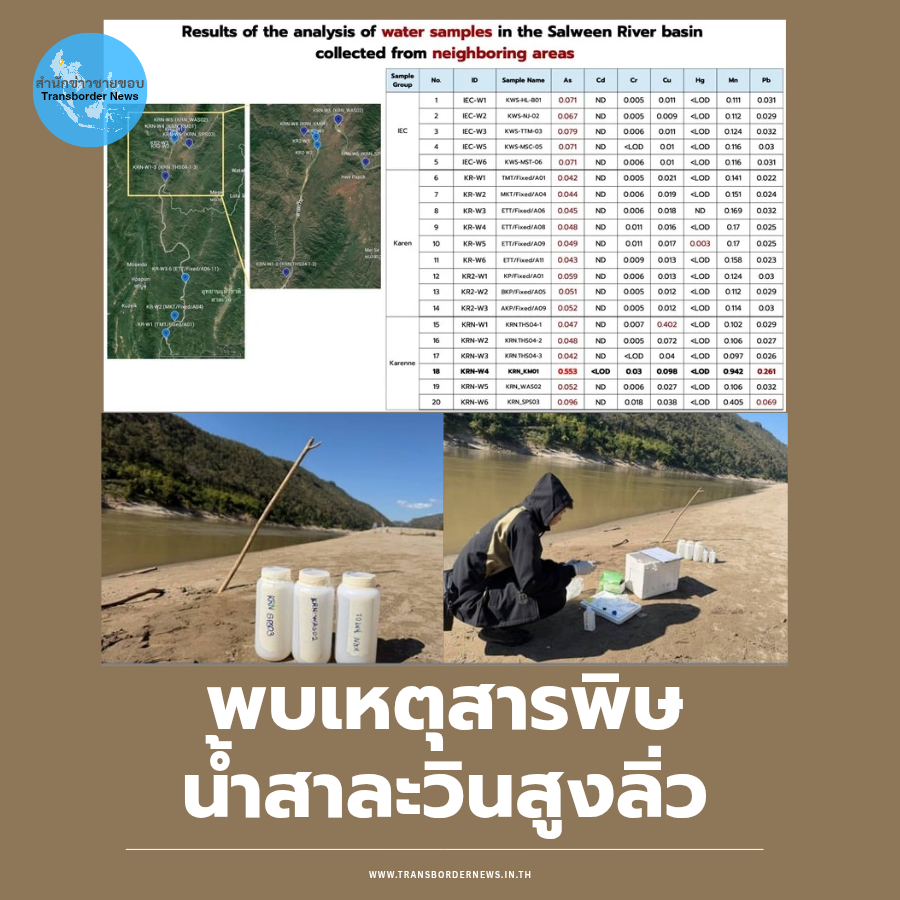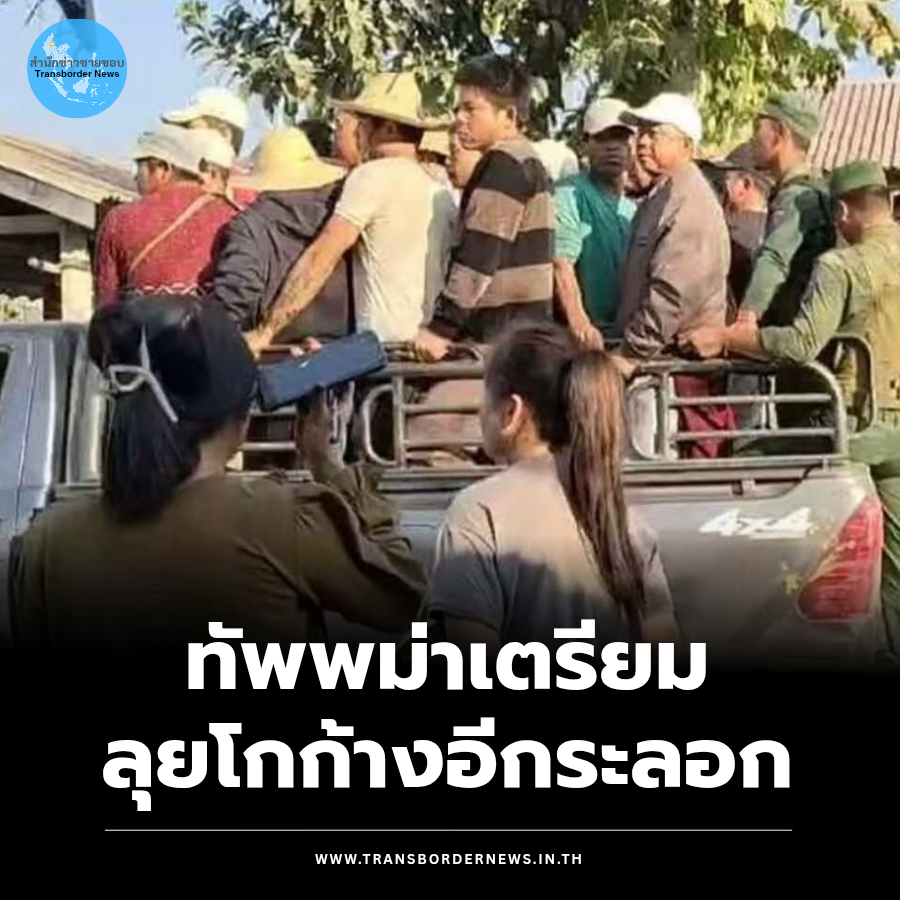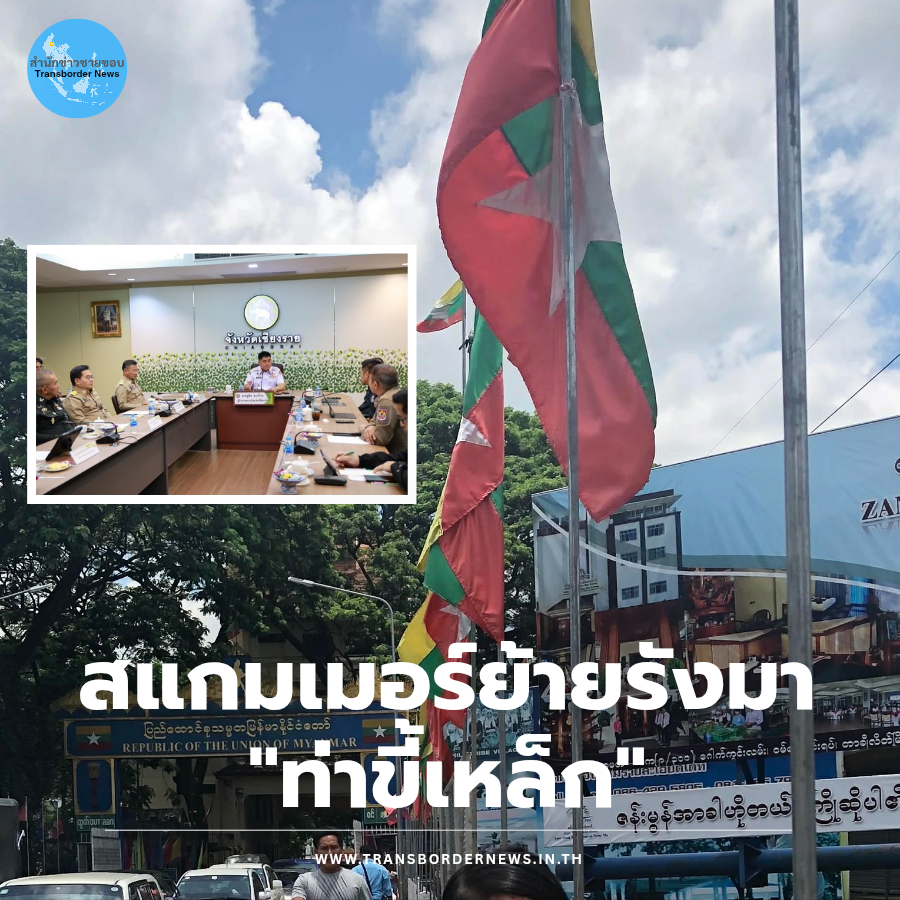
Transborder News: On March 31, 2025, Debbie Stothard, coordinator of ALTSEAN-Burma, spoke to Transborder News, warning that the earthquake’s devastating effects will persist in the coming days. She emphasized that the population was already suffering from military violence, including airstrikes and artillery attacks on homes, Buddhist monasteries, schools, hospitals, and camps for internally displaced persons. Economic mismanagement by the military junta had already driven rice prices up by 400% over four years.
Despite the crisis, the military junta launched airstrikes just hours after the earthquake on Friday. At around 1 PM, three fighter jets circled Naung Lone village in Naung Cho Township, northern Shan State, before dropping nine bombs on a bomb shelter. The location was not a battlefield but a mountainous area 20 miles from any combat zone.
The past 12 months have seen an escalation of violence against civilians, particularly in the Sagaing region, leading to a severe humanitarian toll.
In response, the National Unity Government (NUG), Myanmar’s elected government, declared a two-week pause in offensive military operations, except for defensive actions, in earthquake-affected areas starting March 30, 2025.
Stothard called on Thailand and ASEAN to take three key steps: push the military junta to halt airstrikes and hostilities for the next two weeks, allow cross-border aid from community-based organizations along the Thai-Myanmar border without interference, including NGO access to satellite communications for coordination, and stop deporting Burmese refugees back to Myanmar, as many deportees have been forcibly conscripted into the military, escalating the conflict.
The Karen National Union (KNU) issued a statement expressing deep condolences to the Myanmar people for the loss of lives and property due to the earthquake. The KNU also thanked international governments, organizations, charities, and individuals for their solidarity and support.
The statement condemned the State Administration Council (SAC), the military junta, for continuing airstrikes against civilian areas, even as people suffer from the earthquake’s devastation. It stated that in normal circumstances, the military should play a leading role in responding to national crises. However, under SAC control, the armed forces prioritize their own interests, exploiting resources and launching military attacks on their own people.
The KNU called on the international community to support local community groups, which can deliver aid more effectively than the military. The statement urged the establishment of a strict monitoring mechanism to prevent misuse of humanitarian aid for political or military purposes.
A coalition of 258 human rights organizations worldwide, including the U.S. Campaign for Burma, Swedish Burma Committee, New Zealand Campaign for Myanmar, Myanmar Action Group Denmark, and Justice For Myanmar, released a statement urging that disaster relief be delivered exclusively through local communities, frontline workers, the NUG, ethnic revolutionary organizations, and civil society groups, and not the military junta.
The statement warned that aid must not be exploited or politicized by the junta, citing past abuses. During Cyclone Nargis in 2008, the military used international aid as a tool to manipulate a constitutional referendum, denying relief to victims unless they voted in favor of a junta-backed constitution that solidified military control. Meanwhile, local democracy activists were arrested for attempting to deliver aid independently.
Additionally, the junta has been cracking down on civil society and medical services. Earlier this month, the military shut down seven private hospitals in Mandalay, accusing medical staff of supporting the Civil Disobedience Movement (CDM). Internet and phone services have been cut off for over a year, restricting communication and delaying emergency relief efforts.
The joint statement called on the United Nations, ASEAN Coordinating Centre for Humanitarian Assistance (AHA Centre), neighboring countries, international organizations, and the global community to ensure that humanitarian aid is not obstructed, manipulated, or weaponized by the junta. The coalition demanded that aid reach affected communities swiftly through border routes, which have proven to be the most effective in past crises.
See original Thai article, https://transbordernews.in.th/home/?p=41900




